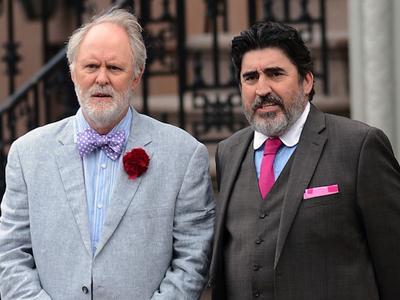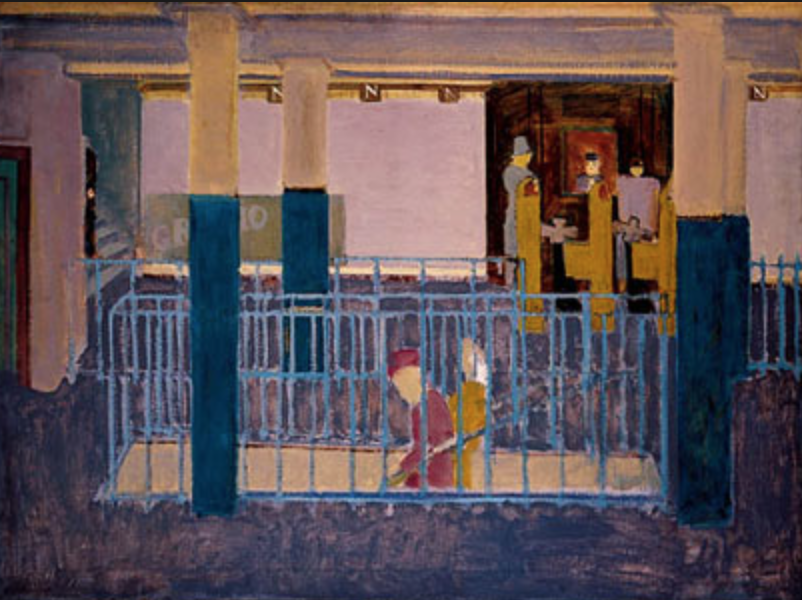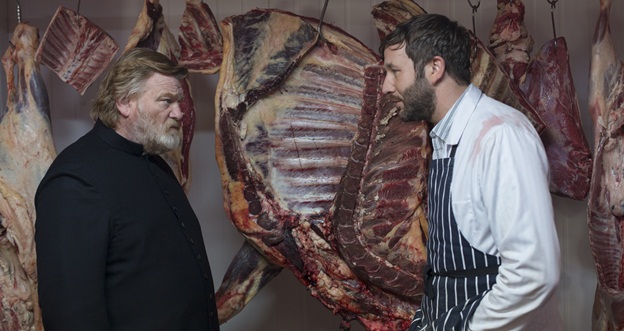 We Americans pretty much never shut up anymore. With all the technological advances of the last 20 years, there are virtually no moments left in which we have to sit and grapple with the sadness that can lurk in modern life. Only an increasingly rarified strain of cinema offers the stillness our days so sorely lack, and, at their best, such films allow us to channel ourselves with a quiet that we moviegoers crave more than we realize.
We Americans pretty much never shut up anymore. With all the technological advances of the last 20 years, there are virtually no moments left in which we have to sit and grapple with the sadness that can lurk in modern life. Only an increasingly rarified strain of cinema offers the stillness our days so sorely lack, and, at their best, such films allow us to channel ourselves with a quiet that we moviegoers crave more than we realize.
European filmmakers have always proved quite handy with quiescence; the confidence and depth it requires distinguishes such masters as Bergman, Fellini and Tati. Not surprisingly, Americans emulators have produced more varied results, as if we’re such a young nation that we’ve yet to stop fidgeting. (Woody Allen’s efforts in this area are especially awkward; his Bergman knockoffs are best forgotten.) Of today’s American directors, only Richard Linklater and Ira Sachs seem fully capable of burrowing into that cinematic silence which can yield old-soul lessons and pleasures, and I believe it’s no coincidence that their latest projects have proved the film events of the year so far. In “Boyhood,” Linklater slows us all down by making time itself his central character. Now, in “Love Is Strange,” Sachs has created a moving picture that looks and feels like a still life—a happier sort of “Scenes From a Marriage,” if that film were an enlivened oil painting featuring an older gay New York couple. Continue Reading →


